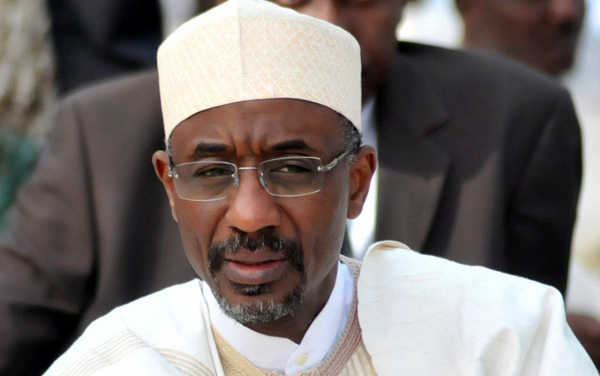The typical Fulani man is easy to take for granted. His attachment to his animals and nomadic way of life invites insult, ridicule and name-calling. Some even equate his intelligence as no higher than that of the animals he so cherishes. Does he care about how he is perceived? Not really. He believes in his way of life and in sustaining his tradition even as modernity continues to encroach.
There is no doubt that his insistence on clinging to his way of life has led to tragedy between farmers and herdsmen and even the authorities. I am not by any means insinuating that the Fulani is blameless in the bloodshed in Plateau, Nasarawa, Benue, Taraba and other parts of Nigeria. I think every one of the concerned parties could have managed the circumstances better.
But a few questions are begging for answers here: Why has the Fulani-Berom conflict in Plateau state remained seemingly intractable? Why is it that despite the presence of several layers of security agencies, the constant killing of people remains a permanent item in the news?
Part of the answers may be political, especially the conflict triggered by the alleged imposition of an electoral candidate on Jos North Local Government Area by Governor Jonah Jang in 2008. That political quarrel has largely been settled – and some would say, buried by the symbolic implication of Plateau and Sokoto states voting along the same political party affiliations in 2015. So why has the conflict between Berom and Fulani remained constant?
A tragic mistake that people often make is to engage adversaries in a fight without studying their antecedents: The most important thing to the Fulani man is his honour and his cattle. For these, he will fight any fight – his death is not the issue – as long as he is able to protect his honour and his cattle.
In Plateau state, part of the problem is that ethnic groups who historically and culturally have no cattle and nothing to do with cattle herding have taken advantage of political squabbles and instability to suddenly become cattle owners, while the Fulani, whose life revolves around cattle suddenly finds his cattle killed or rustled, his grazing lands gone and his honour assaulted. This is a clear recipe for disaster and until the issues are settled amicably, the communal conflict, especially between Berom and Fulani may not end any time soon.
In a similar, but totally different theater – far away from the cattle and grazing lands of Plateau, another group of people have, drunk on power, initiated a conflict with a Fulani man without studying how he fights. This time, it is a matter of honour.
When outgoing president, Goodluck Jonathan, in connivance with his henchwomen – Diezani Allison-Madueke and Ngozi Okonjo-Iweala unconstitutionally suspended (actually sacked) Sanusi Lamido Sanusi as CBN governor last year, they had no idea that you do not trample on the honour of a Fulani man who is worth his name.
If the trio assumed that by hitting Sanusi (who went on to achieve his life’s dream not long afterwards) with a sledgehammer is enough soften the man and bury the matter of a certain $20bn that disappeared into the vapours of impunity, they must be realizing by now how tragic a miscalculation they made.
For Sanusi, the task of redeeming his honour has just started. And like the Fulani fighting to reclaim their cattle in Plateau, this one will not end by simply sweeping the issues under the carpet they thought the PwC report provided. It was no surprise therefore, when, with royal indifference, the Emir of Kano published an article in the Financial Times recently.
The Emir notes, “Just over a year ago President Goodluck Jonathan suspended me from my position as governor of the Central Bank of Nigeria after I questioned an estimated $20bn shortfall in oil revenues due to the treasury from the state oil company. As I said then, you can suspend a man, but you cannot suspend the truth.
“Contrary to the claims of petroleum minister Diezani Alison-Madueke, the audit report does not exonerate the NNPC…of the $18.5bn in revenues that the state oil company did not send to the government, about $12.5bn appears by my calculations to have been diverted. And this relates only to a random 19-month period, not the five-year term of Mr. Jonathan, the outgoing president”.
The Emir concludes his piece with words that surely sends shivers down the spines of those who chose to engage a Fulani man in a fight about his honour – without knowing his antecedents, “Nigerians did not vote for an amnesty for anyone. The lines of investigation suggested by this audit need to be pursued. Any officials found responsible for involvement in this apparent breach of trust must be charged”.
Jonathan, Okonjo-Iweala and Allision-Madueke and their foot-soldiers may assume that leaving office would give them a breather, but their real fight – for personal survival – is only just beginning.

